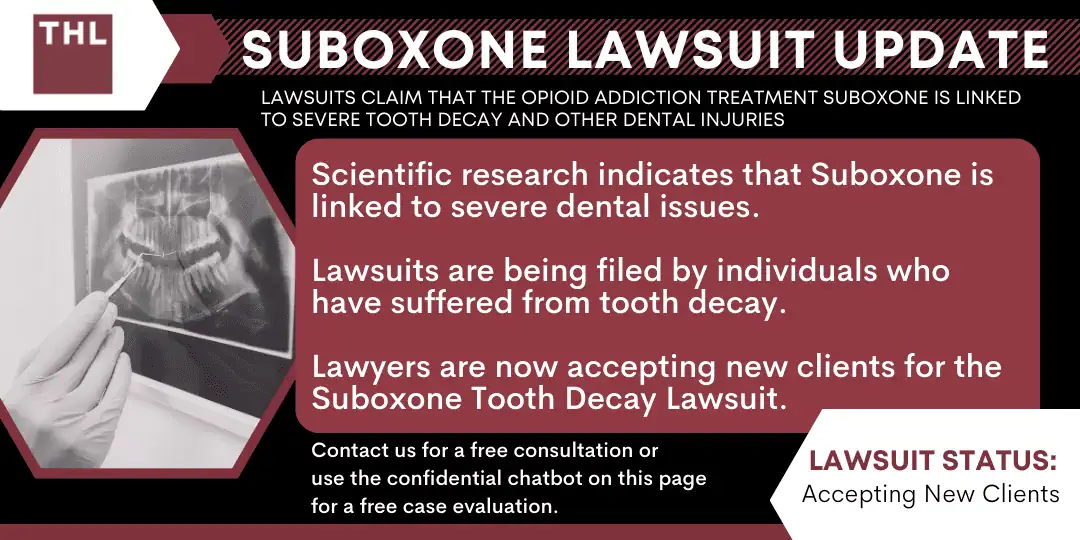How To Join Suboxone Class Action Lawsuit 2022
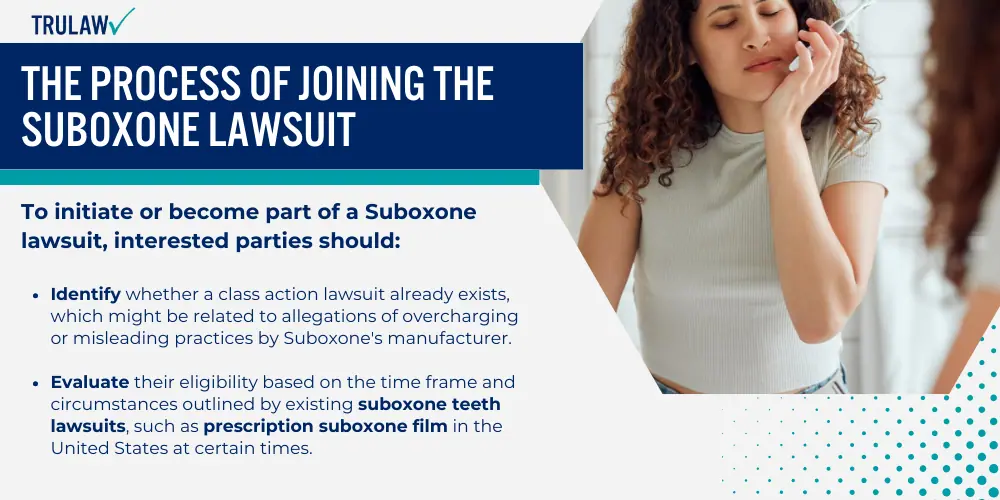
Across the nation, individuals who have suffered significant dental problems after using Suboxone are seeking recourse. A growing number of lawsuits allege a link between the opioid dependence treatment medication and severe tooth decay. The year 2022 saw an uptick in these claims, prompting many to explore joining the burgeoning Suboxone class action lawsuit.
This article aims to provide a comprehensive guide on how to potentially participate in this litigation. It clarifies eligibility criteria, explains the process of joining a lawsuit, and offers resources for further information. Understand your rights and learn how to navigate the complex legal landscape surrounding this controversial medication.
Understanding the Suboxone Lawsuit
The crux of the lawsuits against Suboxone manufacturer, Indivior, centers on the medication's sublingual film formulation. Plaintiffs allege that the film's acidic nature, combined with how it dissolves in the mouth, contributes to rapid and severe tooth decay.
Many claim that Indivior failed to adequately warn users about these risks. They say the company prioritized profits over patient safety.
The legal actions seek compensation for dental injuries, including cavities, tooth loss, and the need for extensive dental work.
Eligibility: Do You Qualify?
Not everyone who has taken Suboxone automatically qualifies to join the class action or file an individual lawsuit. Several key factors determine eligibility.
First and foremost, you must have used Suboxone sublingual film. Other formulations, like tablets, may not be covered under the same legal claims.
Second, you must have experienced significant dental problems, such as cavities, tooth decay, tooth loss, or the need for dental procedures like root canals or extractions. The severity of the dental issues is often a significant factor in determining the potential value of a claim.
Finally, there's often a time window. Many lawsuits have statutes of limitations, meaning there's a deadline to file a claim after discovering the injury. Consulting with an attorney is crucial to determine if your claim falls within the permissible timeframe.
Steps to Join the Suboxone Class Action Lawsuit
Joining a class action lawsuit typically involves several key steps.
1. Research and Consultation: Begin by researching law firms specializing in Suboxone litigation. Look for firms with a proven track record of success in pharmaceutical injury cases.
Schedule a free consultation with one or more firms to discuss your case. Be prepared to provide details about your Suboxone usage, your dental history, and any medical records related to your dental treatment.
2. Attorney Selection: Choose a law firm that you feel comfortable working with. Discuss their fees, their strategy for handling your case, and their experience with similar lawsuits.
3. Retainer Agreement: Once you've selected a firm, you'll typically sign a retainer agreement. This agreement outlines the terms of your representation, including the attorney's fees, the scope of their services, and your responsibilities.
4. Information Gathering: Your legal team will gather information to support your claim. This may involve collecting medical records, dental records, pharmacy records, and any other relevant documentation. You will likely be asked to provide a detailed account of your Suboxone use and the dental problems you experienced.
5. Filing the Claim: Your attorneys will then file a claim on your behalf, either as part of the existing class action lawsuit or as an individual lawsuit, depending on the specific circumstances and the legal strategy.
6. Discovery and Litigation: The lawsuit will then proceed through the discovery process, where both sides exchange information and gather evidence. This may involve depositions, interrogatories, and document requests. If a settlement is not reached, the case may proceed to trial.
Finding a Qualified Attorney
Selecting the right attorney is crucial for a successful outcome. Consider these factors when choosing legal representation.
Look for attorneys with experience in pharmaceutical litigation and, ideally, specific experience with Suboxone lawsuits. Check their track record, read client reviews, and ask for references.
Ensure the attorney is licensed to practice in your state and in good standing with the bar association. Avoid attorneys who make unrealistic promises or guarantee a specific outcome.
Important: Be wary of scams. Legitimate attorneys will not ask for upfront fees to simply evaluate your case. They typically work on a contingency fee basis, meaning they only get paid if you win a settlement or judgment.
Alternative Dispute Resolution
While lawsuits are a common avenue for seeking compensation, alternative dispute resolution (ADR) methods like mediation may also be available. In mediation, a neutral third party helps the parties reach a settlement agreement. ADR can be a faster and less expensive alternative to traditional litigation.
Potential Compensation and Outcomes
The amount of compensation you may be able to recover depends on several factors, including the severity of your dental injuries, the extent of your medical treatment, and the strength of your legal claim. Compensation may cover medical expenses, dental expenses, lost wages, and pain and suffering.
The outcomes of these lawsuits are uncertain, but previous pharmaceutical injury cases have resulted in significant settlements and judgments for plaintiffs.
Resources and Further Information
Several resources can provide additional information about the Suboxone lawsuits and related issues.
The FDA website may offer information on adverse event reporting related to Suboxone. Legal websites like Justia and FindLaw can provide information on class action lawsuits and pharmaceutical litigation.
Reputable news organizations often cover developments in these lawsuits. Seek out information from trusted sources.
Looking Ahead: The Future of Suboxone Litigation
The Suboxone litigation is ongoing, and its future is uncertain. However, the growing number of lawsuits and the increasing awareness of the potential dental risks associated with Suboxone suggest that this issue will continue to be litigated for some time.
For those who have suffered dental problems after using Suboxone, understanding your rights and exploring your legal options is essential. Consult with a qualified attorney to determine if you are eligible to join the lawsuit and to navigate the complex legal process.
Stay informed about developments in the litigation and be proactive in protecting your health and your legal interests.
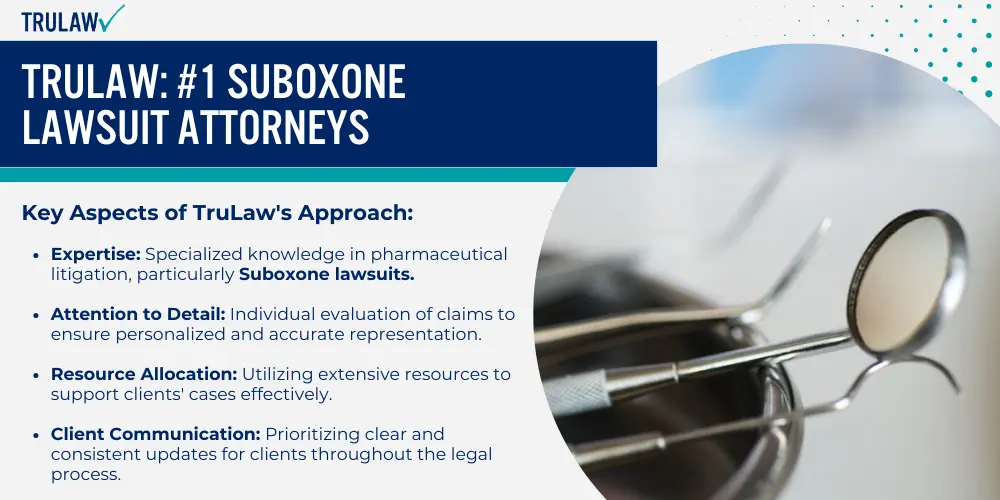
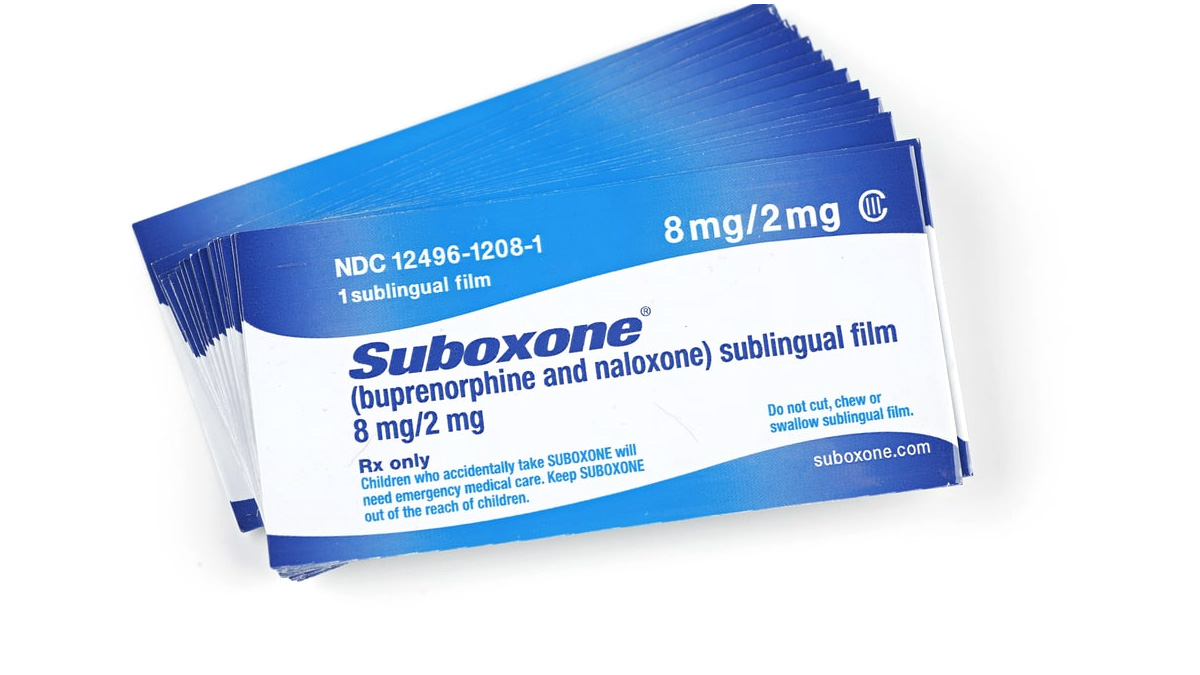


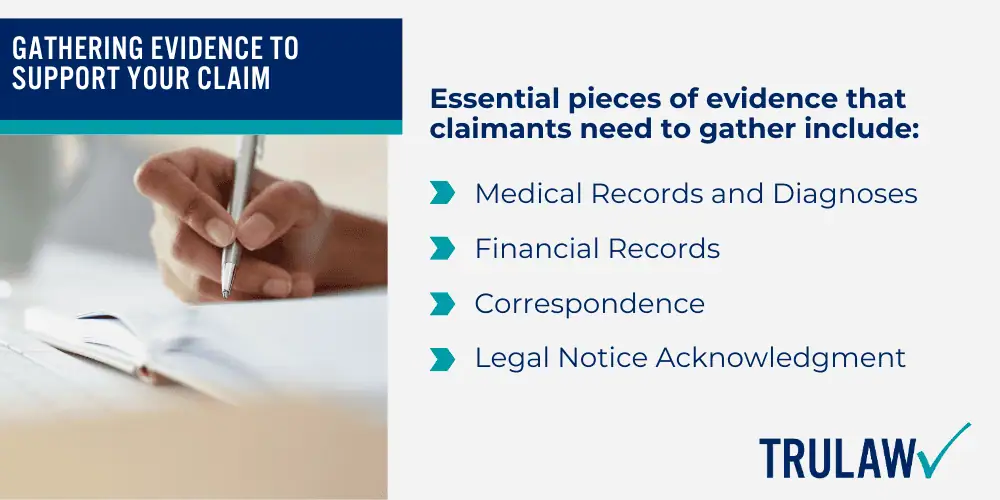
![How To Join Suboxone Class Action Lawsuit 2022 How to Join the Suboxone Lawsuit [2025 Update] - King Law](https://www.robertkinglawfirm.com/wp-content/uploads/2024/08/timeline-of-the-suboxone-tooth-decay-lawsuit.webp)



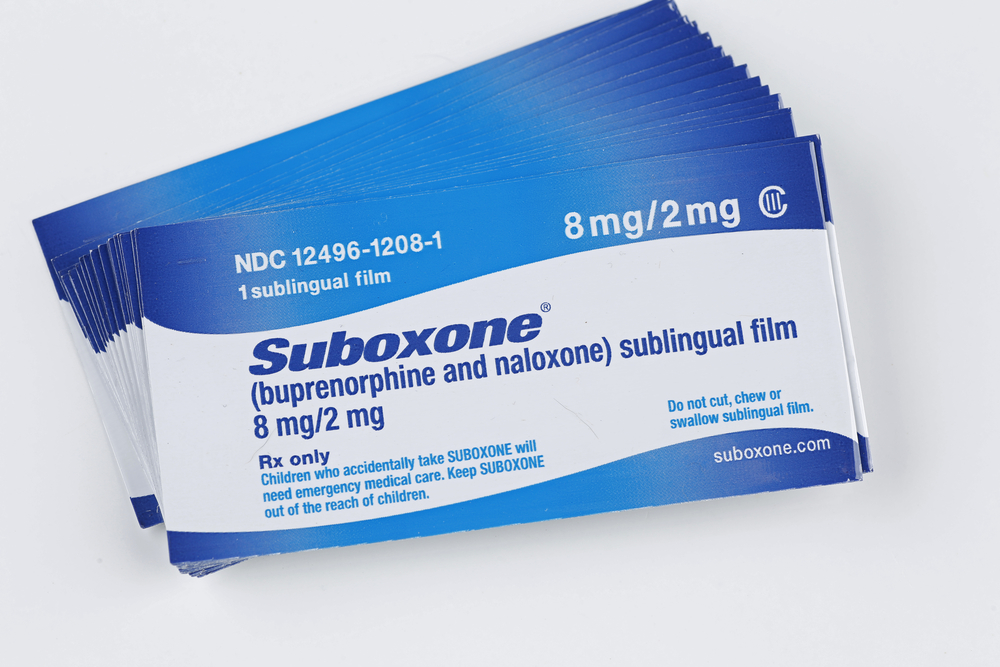
![How To Join Suboxone Class Action Lawsuit 2022 FAQ: Who Qualifies For The Suboxone Dental Lawsuit? [2024]](https://www.torhoermanlaw.com/wp-content/uploads/2024/01/Evidence-For-Suboxone-Tooth-Decay-Lawsuits.png)
